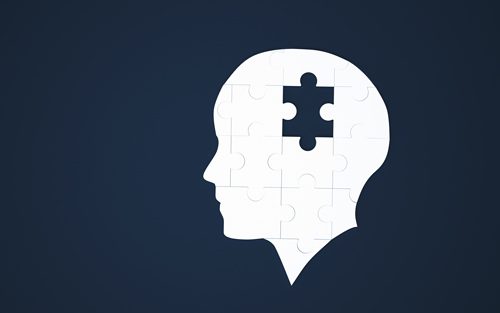
What Are Blackouts?
The term blackout refers to any period of memory loss resulting from excessive alcohol consumption. Blackouts can be either partial or permanent. In a partial blackout, also known as a fragmentary blackout or a brownout, the person remembers what happened when someone provides visual or verbal cues. In a permanent blackout, also known as an en bloc blackout, the memories are never recovered. Partial blackouts are more common than permanent blackouts, but both present similar risks from a health perspective.
While someone is considered legally intoxicated with a BAC of 0.08, you typically need a BAC of 0.15 or higher to experience an alcohol-related blackout. This is high enough that alcohol poisoning becomes a real possibility. Binge drinking, drinking on an empty stomach, and combining alcohol with opioids, benzodiazepines, or marijuana increases the risk of blackouts.
A blackout will last until the person’s body has eliminated the alcohol they’ve consumed. If someone continues drinking while experiencing a blackout, they could be unable to form new memories for several hours or even days.
Although blackouts are often associated with binge drinking at college parties, it’s important to note that anyone who drinks to excess can experience a blackout. The consequences of alcohol abuse do not discriminate.
How Can You Tell if Someone Is Experiencing a Blackout?
Many people are surprised to learn that it’s not obvious whether someone is experiencing a blackout. Since they are still awake and interacting with others, they simply appear to be very intoxicated. They might experience:
- Trouble standing and walking
- Slurring words
- Impaired judgment
- Impaired vision
- Headaches
- Nausea
Most of the time, a blackout isn’t discovered until a person is questioned about events at a later date and is unable to recall important details.
Depending on how much alcohol a person drinks, they may go from experiencing a blackout to passing out. If someone is unresponsive, their breathing is shallow, their skin has a bluish tint, they’re cold to the touch, or they’re throwing up, these are signs of alcohol poisoning. Call 911 immediately.
Do Blackouts Mean I Have a Drinking Problem?
Blackouts are fairly common. According to the National Institute on Alcohol Abuse and Alcoholism, almost 50 percent of adults have experienced at least one blackout from drinking. For some, a blackout is an isolated example of poor judgment. For others, it’s a sign of a more serious issue.
There are no simple criteria that automatically point to a substance use disorder, but having blackouts after drinking definitely means your behavior should be looked at closely.
Some signs that suggest you might have a problem with alcohol include:
- You’ve tried to reduce your drinking with no success.
- You often drink significantly more than you intended to.
- You don’t like to go to social events unless alcohol will be served.
- You often drink alone.
- You drink to cope with stress or unpleasant emotions.
- You don’t feel “normal” unless you’ve been drinking.
- You’ve gotten in trouble at work because of your drinking.
- You are having financial problems due to the amount of money you spend on alcohol.
- Your tolerance for alcohol continues to increase.
- You lie to friends and family or become angry and defensive when they express concern about your drinking.
- You’ve experienced withdrawal symptoms such as headache, nausea, vomiting, tremors, or anxiety when you are unable to drink.
The more of these signs you identify with, the greater the likelihood that you have a drinking problem. However, it is important to remember that addiction is not a character defect or something that can be attributed to a lack of willpower. It’s a chronic illness with both biological and environmental triggers. Recovery is possible, but you can’t do it alone.
At Mountain Laurel Recovery Center, we provide evidence-based care for men and women struggling with alcohol or drug addiction. Our residential addiction treatment center, located in beautiful Tioga County near the Pennsylvania Grand Canyon, helps clients build the foundation for lasting sobriety through individual, group, and family counseling. If you’re ready to begin a healthier, happier, and more productive life, free from dependence on alcohol and the destructive behaviors associated with addiction, we can help.
